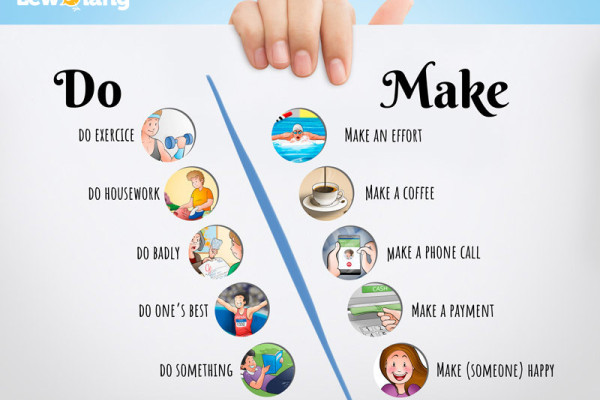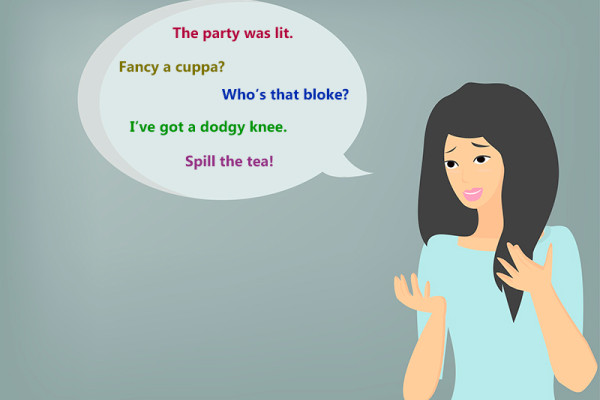Magic and magical
How can we tell these words apart?

In English to refer to a place, a time, a night or a story we use the word magical: magical place, magical time, magical evening, magical story. At the same time, to refer to a spell, a trick, a wand or the carpet of Aladdin we use the word magic: magic spell, magic wand, magic trick, Aladdin's magic carpet.
Although these two words have the same translation in Spanish, it would be a mistake to think that they are interchangeable. We just can't say “magic place” or “magical wand" in English. Although it is likely that even if we made this mistake, people would understand regardless, it is not how a native would say it since each word requires the use of only one of these two adjectives. In the few cases where we could use both adjectives with the same word, the meaning of what we express changes if we say something is magic or if we say that is magical.
Let's look at an example: magic book versus magical book. If we want to say that we liked a book of literature that we have recently read and that it has made an impression on us, in English we would say "This book is absolutely magical". On the contrary, a magic book would be a book that has to do directly with the occult, or that teaches how to practice magic.
Therefore, in general, we use "magic" when we refer to the literal sense of the word and "magical" when we want to say that something is "magical" figuratively.
However, there are also exceptions. In the distinction between magic and magical, for example, in mathematics there is the notion of magic square 1 although it is evident that this square has nothing to do with any spell. In the same way, in programming, computer scientists speak of magic code or magic numbers 2 not magical codes nor magical numbers.
Though a witch, unicorn, mermaid or any other supernatural being may have magical powers, they are called a magical creature or magical being (the figurative sense) instead of magic creature (literal sense) as it would seem it should be called.
In the same way, there are a number of other words that follow this pattern. A logic lesson is a lesson in logic while a logical lesson would be a lesson or a class of any other subject, but that has been explained in a logical manner. And you will also have heard of a rhetorical question. However, in a Rhetoric class, the questions we would ask the teacher related to his subject would be rhetoric questions and not rhetorical (unless we want to ask the teacher a rhetorical question that doesn't require a response, but probably, we would just make him angry for wasting his time).
So, how do we know which of these words to use? With so many rules and exceptions, it is best to learn each construction on its own, the same way as collocations are learned.
Although there are patterns that can help us, new words and constructions that did not exist before (such as the ones related to computers and technology) begin to be used a certain way until it becomes the standard. English, like any other language, evolves and changes over time and finally, what seems right to the natives and sounds "natural" to them, eventually becomes the norm.
If you are curious to continue learning, remember that at Lewolang, you will always find all the necessary resources.
Artículos relacionados
Comment















